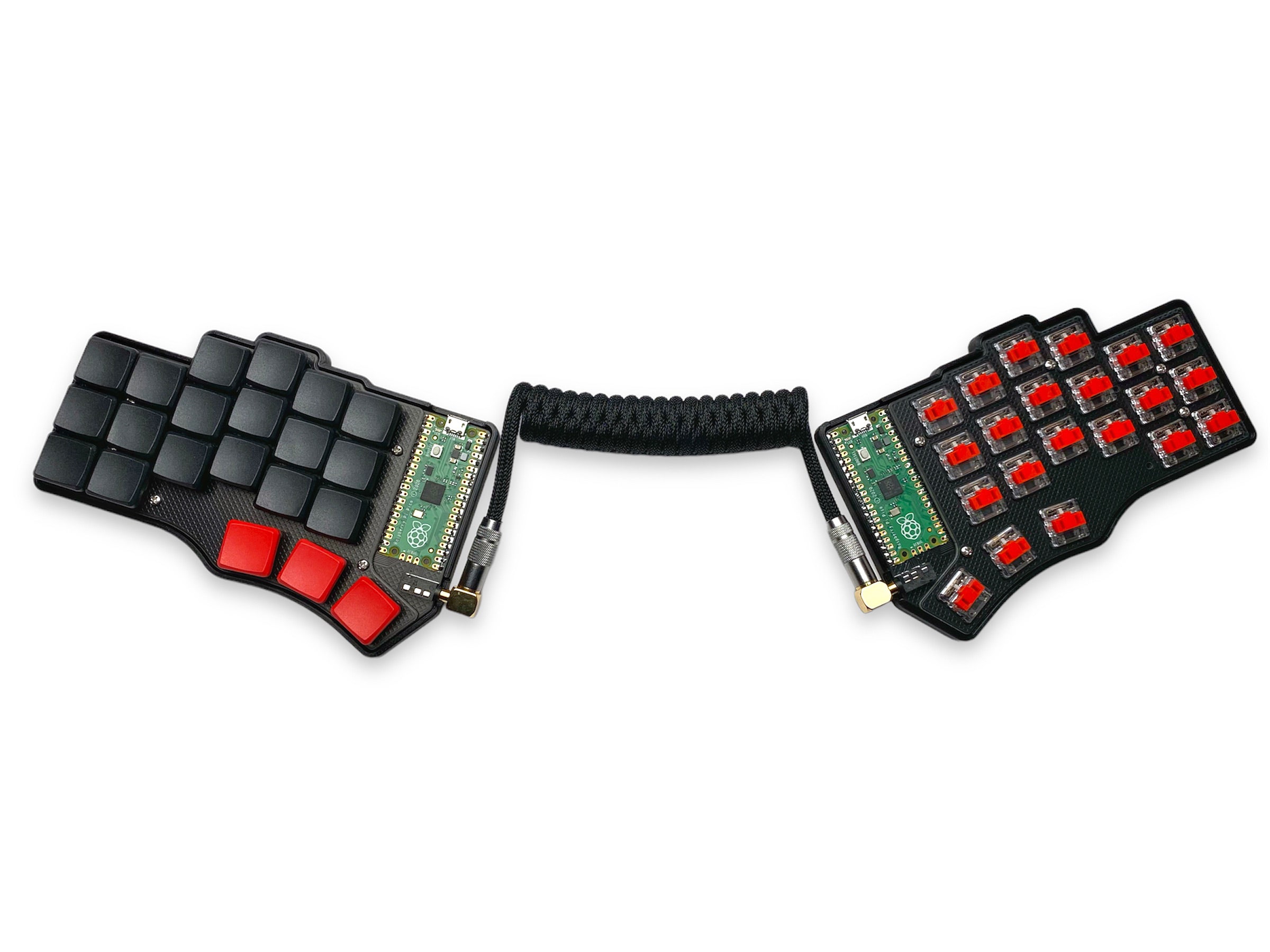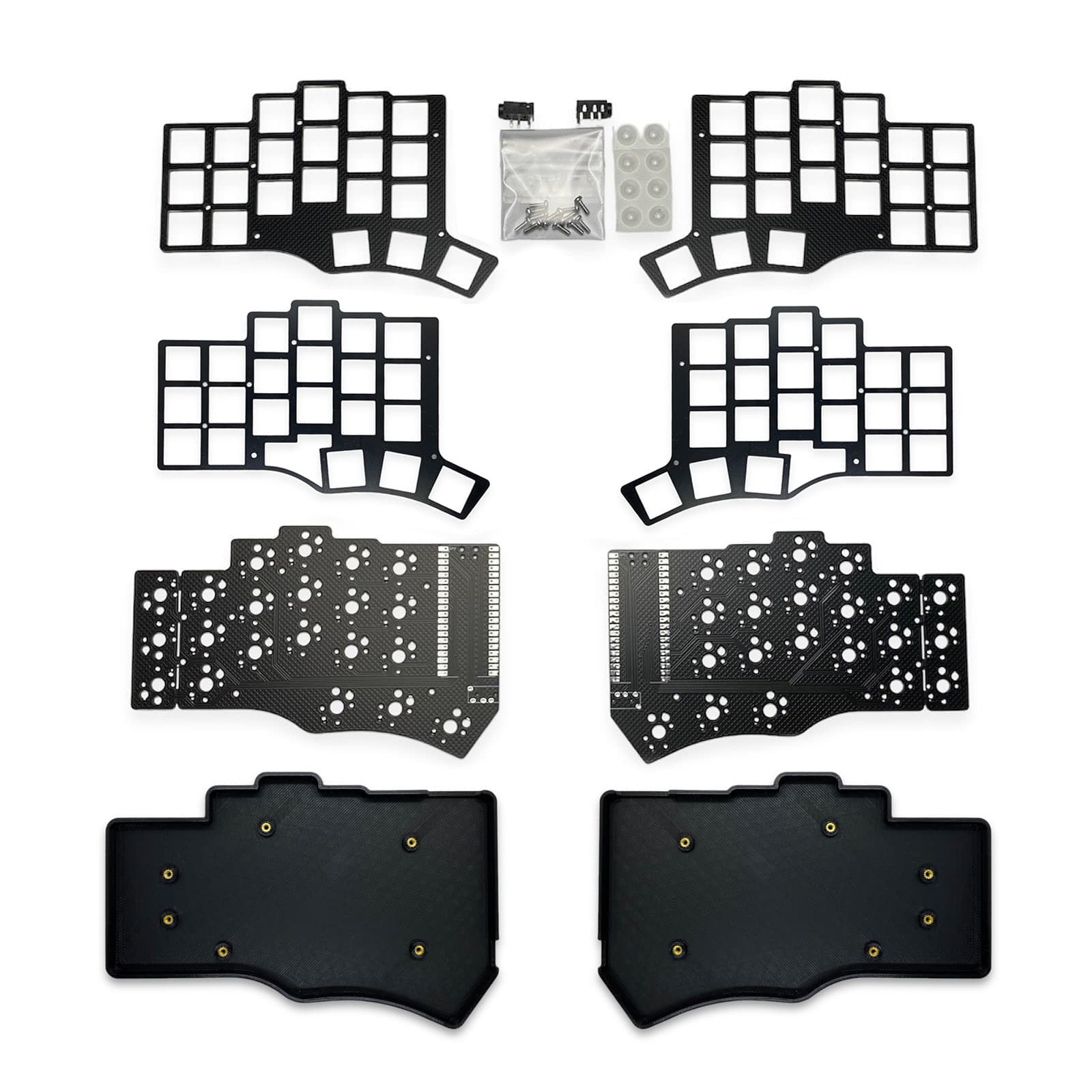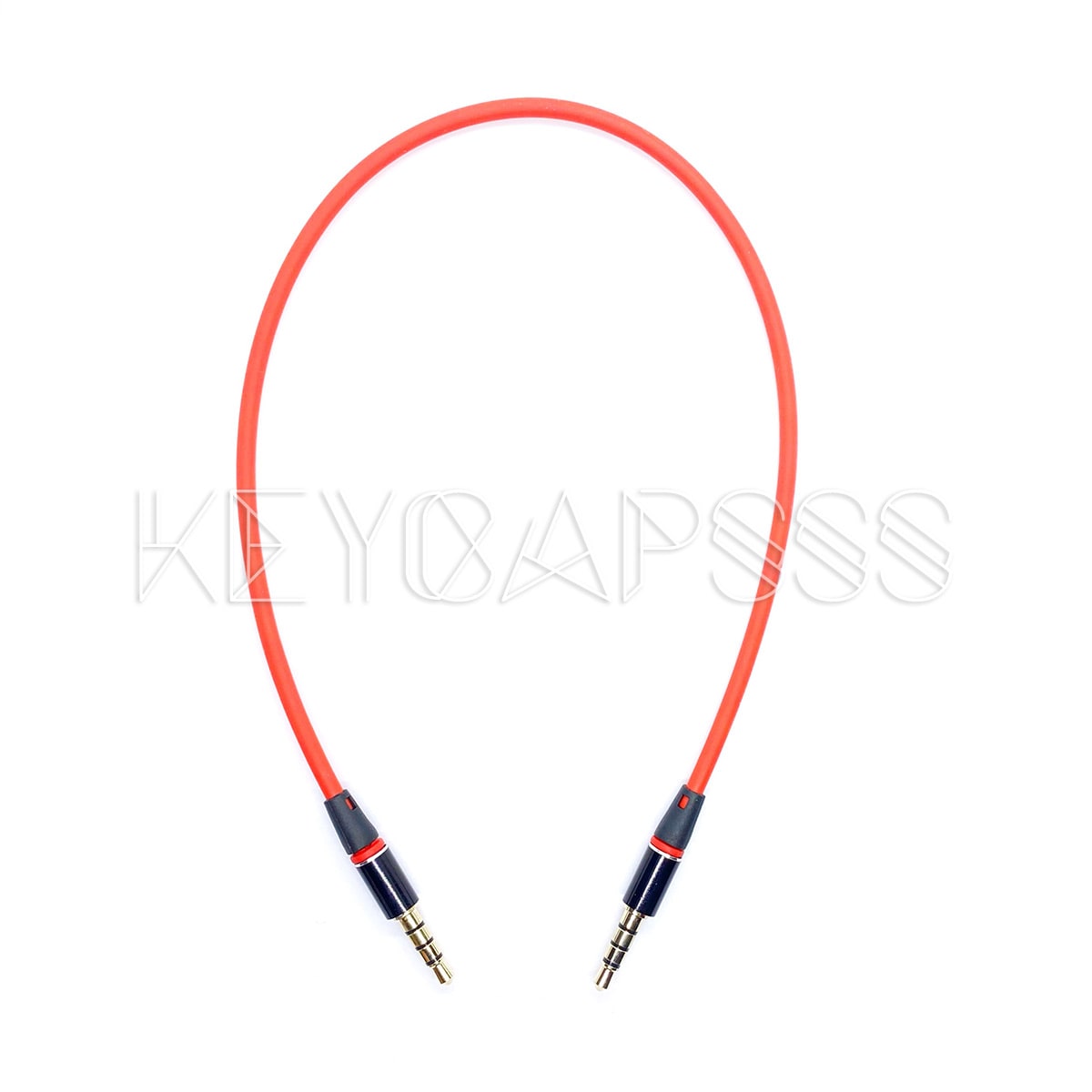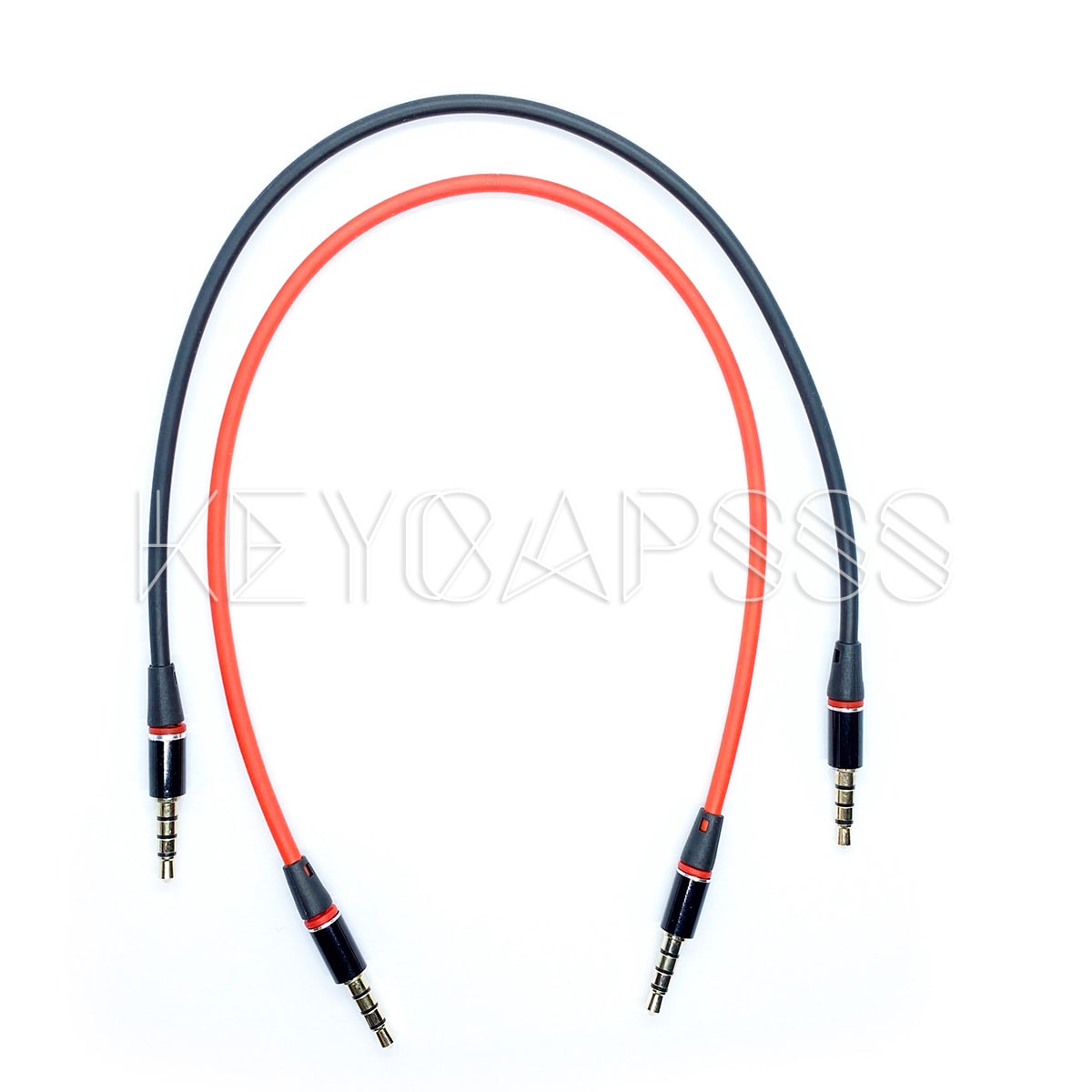Piantor Split Keyboard Kit
€49.00
% €59.00 (17% saved)
Ready to ship: Delivery time 2-5 workdays (Germany), 5-14 workdays (EU), 10-20 workdays (Int.)
Description
The Piantor Keyboard is a beginner-friendly, easy-to-solder, 42-key or 36-key, diodeless, low profile aggressive column staggered, hotswappable and non-hotswappable, programmable ergonomic mechanical split keyboard powered by Raspberry Pi Pico, Pico W or other compatible RP2040 boards.
The improved case has threaded inserts for better durability.
Raspberry Pi Pico, switches and keycaps are not included.
It is based on the Cantor Keyboard.
Features:
- Support for Choc V1 switches
- Beginner friendly (less soldering, precompiled VIAL firmware, Gui to change layout)
- Breakable pinky column (42-key to 36-key) inkl. case is only for 42-keys
- QMK and VIAL firmware support.
- Open source
Kit includes:
- Left and right pcb
- 2x Top plates (FR4 black 1.6mm)
- 3D printed case (black PLA) with threaded M2 inserts
- 2x EPDM foam for sound dampening
- 3D printed middle plate (black PLA)
- Solder parts (TRRS jack)
- Screws (stainless M2)
- Rubber feets
Not included:
- 2x Raspberry Pi Pico
- 42x Choc V1 switches
- Keycaps (Choc V1 switches need Choc keycaps, not MX)
- Choc Hot-Swap Sockets (optional if you need Hot-Swap for the switches)
- TRRS cable (4-pole)
- Micro-USB cable
Photos of the completed kit are for demonstration purposes only.
Please note that this kit must be assembled (soldering) and does not include switches or keycaps.
Design by Beekeeb
Reviews 0
0 of 0 reviews
Average rating of 0 out of 5 stars
Login
Safety information
Manufacturer: Keycapsss | Benjamin Rösner, Löhrstr. 11, 04105 Leipzig, Germany
Contact: Keycapsss.com
Accessory Items
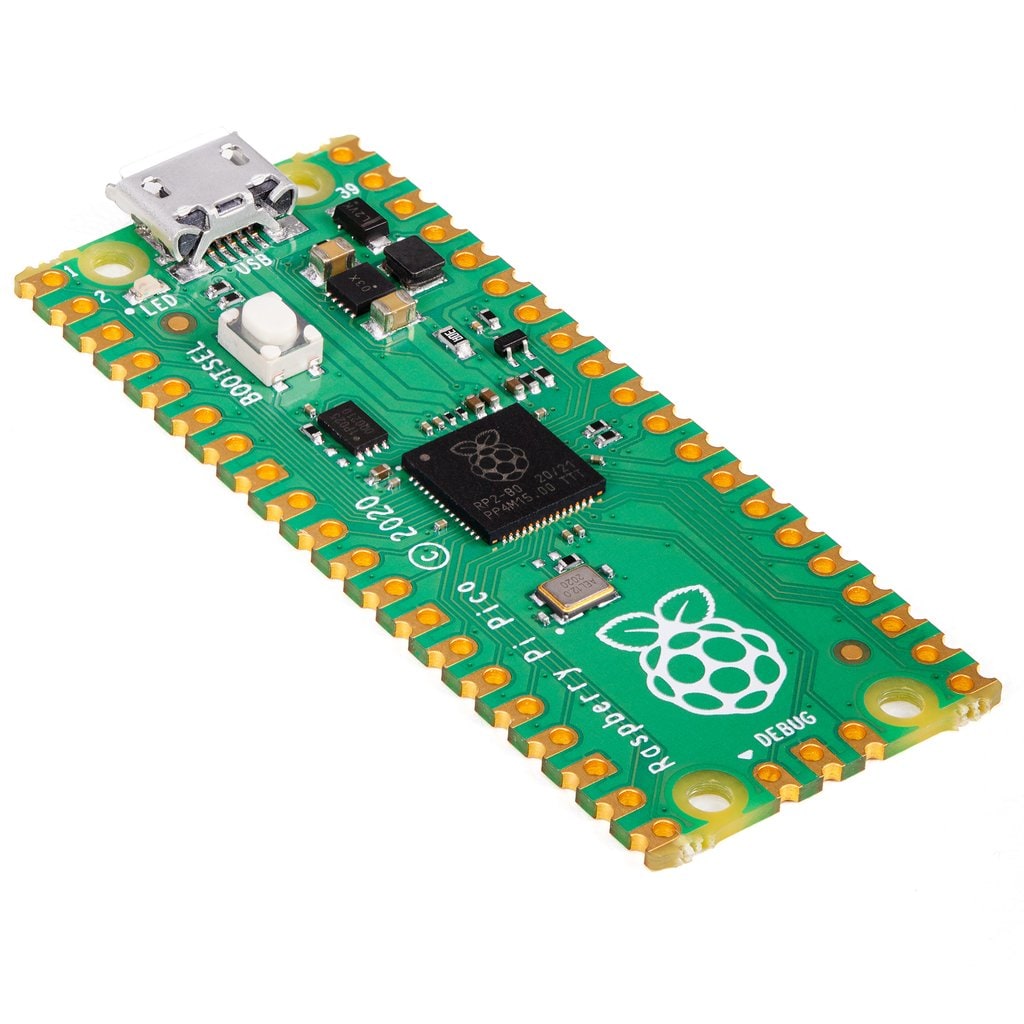
A low cost, high-performance microcontroller board built around Raspberry Pi's very own chip - the RP2040. Raspberry Pi Pico is Raspberry Pi's first microcontroller board, designed especially for physical computing. Microcontrollers are a different type of device than Single Board Computers (like the Raspberry Pi Zero and previous generations of Pi), they don't run an operating system and they are typically programmed to do just one task - though that task can be pretty intricate and exciting! They're perfect for experimenting with hardware and using as the brains of custom devices, machines and inventions. It can be easily reprogrammed over USB from a Raspberry Pi or other computer using the C/C++ SDK or the official MicroPython port. The landing page is the best place to get started, or scroll down for links to the technical documentation for both the Raspberry Pi Pico microcontroller board and the RP2040 microcontroller chip. This is the unsoldered version. It comes without header pins so you'll need to pick some up separately if you're planning on plugging your Pico into into a breadboard or one of our Raspberry Pi Pico add-ons. Board Specifications Raspberry Pi Pico is a low-cost, high-performance microcontroller board with flexible digital interfaces, built on silicon designed at Raspberry Pi. Key features include: RP2040 microcontroller chip designed by Raspberry Pi in the United Kingdom Dual-core ARM Cortex M0+ processor, flexible clock running up to 133 MHz 264kB of SRAM, and 2MB of on-board Flash memory Castellated module allows soldering direct to carrier boards USB 1.1 Host and Device support Low-power sleep and dormant modes Drag & drop programming using mass storage over USB 26 multi-function GPIO pins 2×SPI, 2×I2C, 2×UART, 3×12-bit ADC, 16×controllable PWM channels Accurate clock and timer on-chip Temperature sensor Accelerated floating point libraries on-chip 8×Programmable IO (PIO) state machines for custom peripheral support Documentation Documentation for the Raspberry Pi Pico board and the RP2040 microcontroller: Raspberry Pi Pico Datasheet - An RP2040-based microcontroller board RP2040 Datasheet - A microcontroller by Raspberry Pi Hardware design with the RP2040 - Using the RP2040 microcontroller to build boards and products Getting Started with Raspberry Pi Pico - C/C++ development with the Pico and other RP2040-based microcontroller boards Pico C/C++ SDK - Libraries and tools for C/C++ development on the RP2040 microcontroller Pico Python SDK - A MicroPython environment for the RP2040 microcontroller The API level Doxygen documentation for the Raspberry Pi Pico C/C++ SDK is available as a micro-site. Handwiring Keyboards with Pi Pico: 3x3 Macro Pad
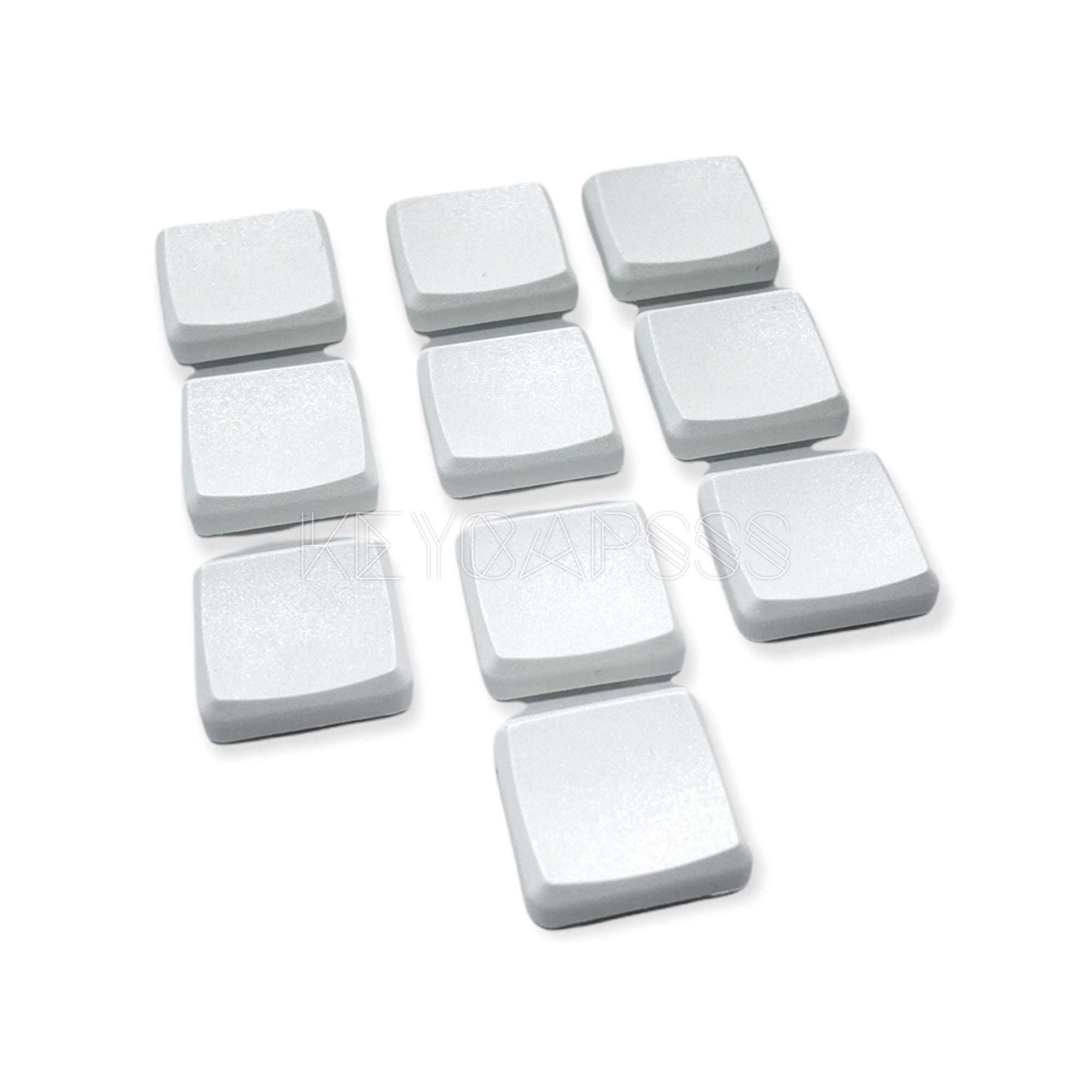
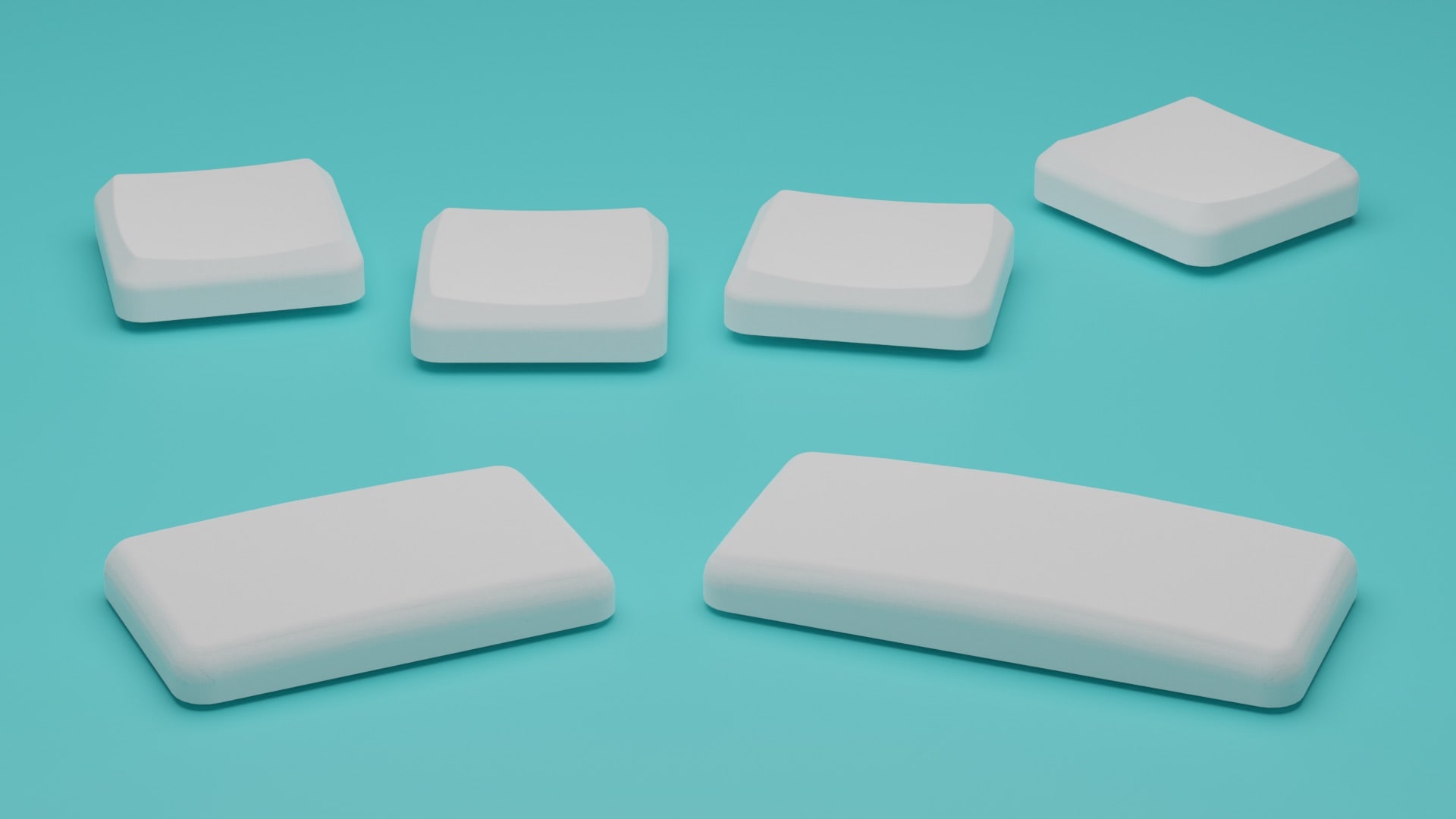
Average rating of 4.9 out of 5 stars
Compatible with Choc V1 switches (not V2) Material: PBT Dimensions: 1U 17.5x16.5mm / 1.5U 26.5x16.5mm / 2U 35.5x16.5mm 2U support stabilizer Photos of the completed keyboard are for demonstration purposes only.This product includes only keycaps.
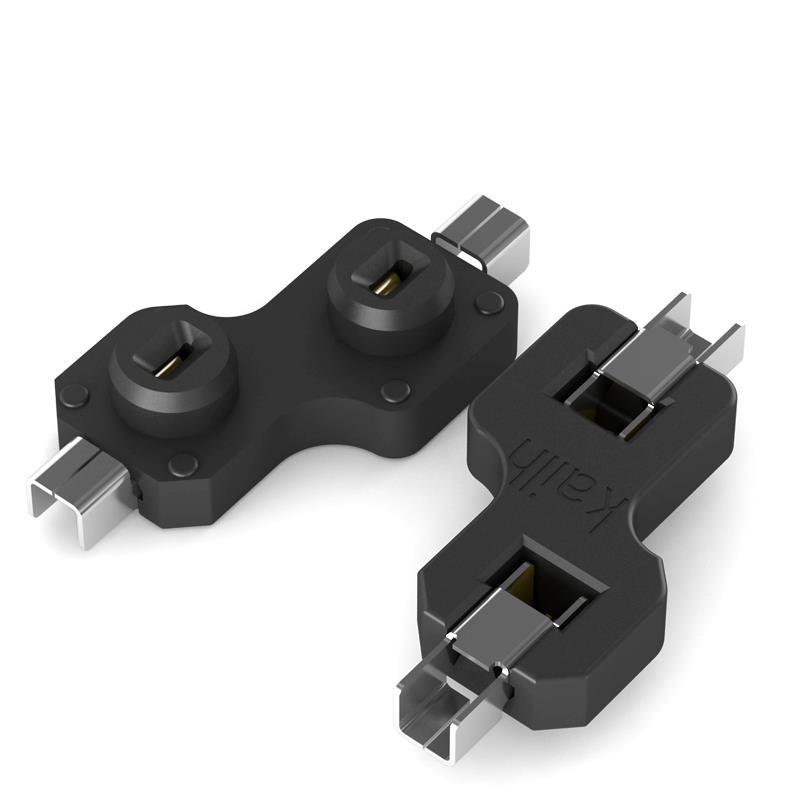
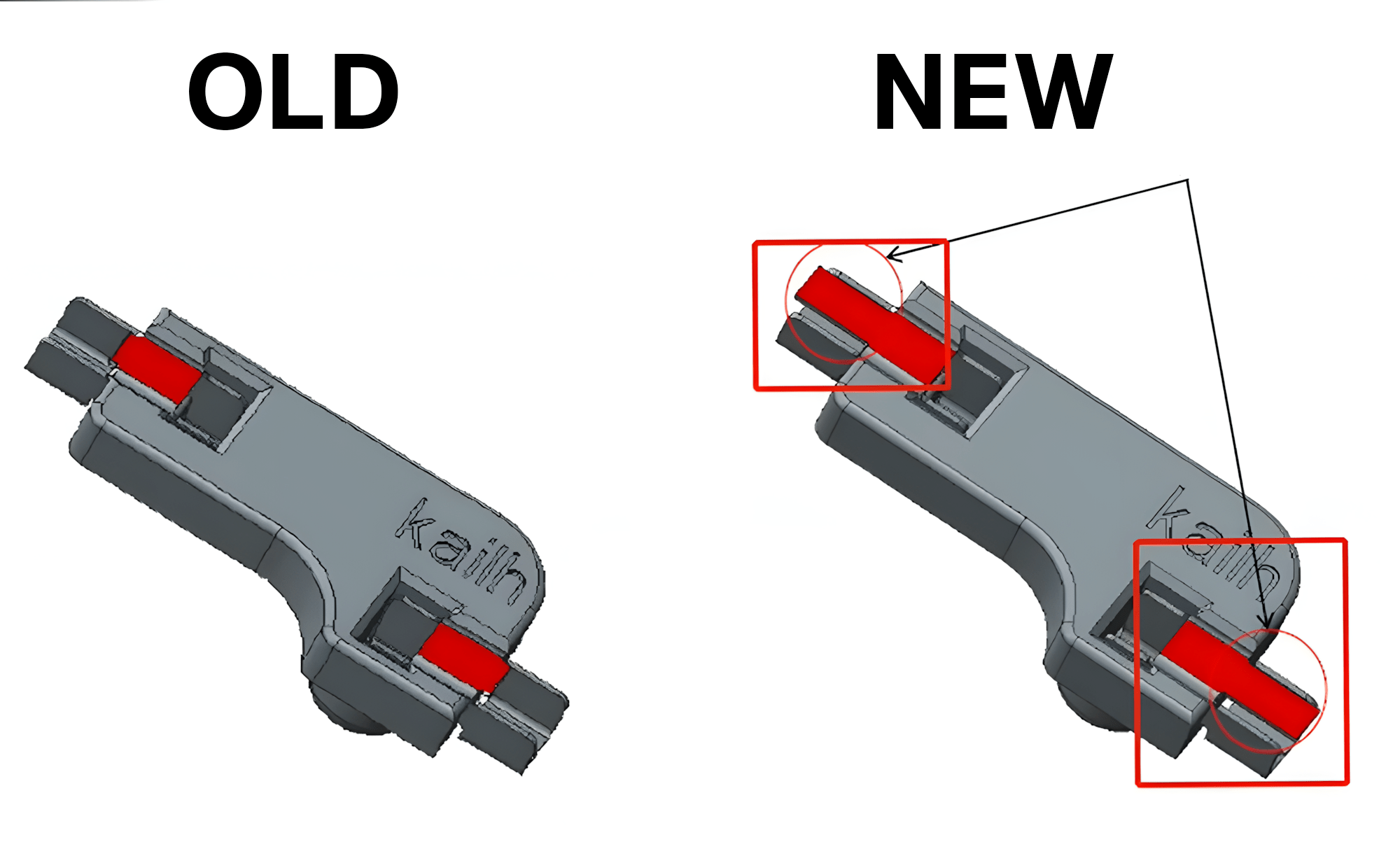
MX Sockets (PG1511) compatible with Cherry MX switches and clones Choc Sockets (PG1350) compatible with Kailh Low Profile switches Sold in packs of 10 (Quantity 1 = 10 sockets). Require a compatible PCB
Content: 10 Unit (€0.19 / 1 Unit)
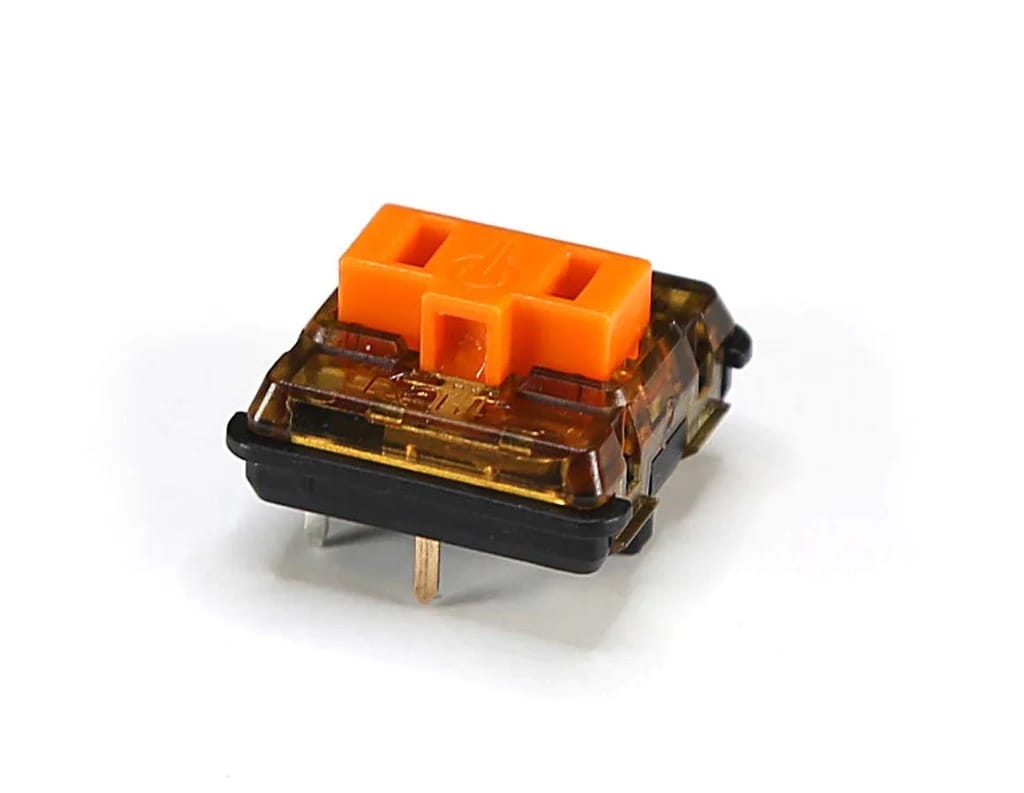
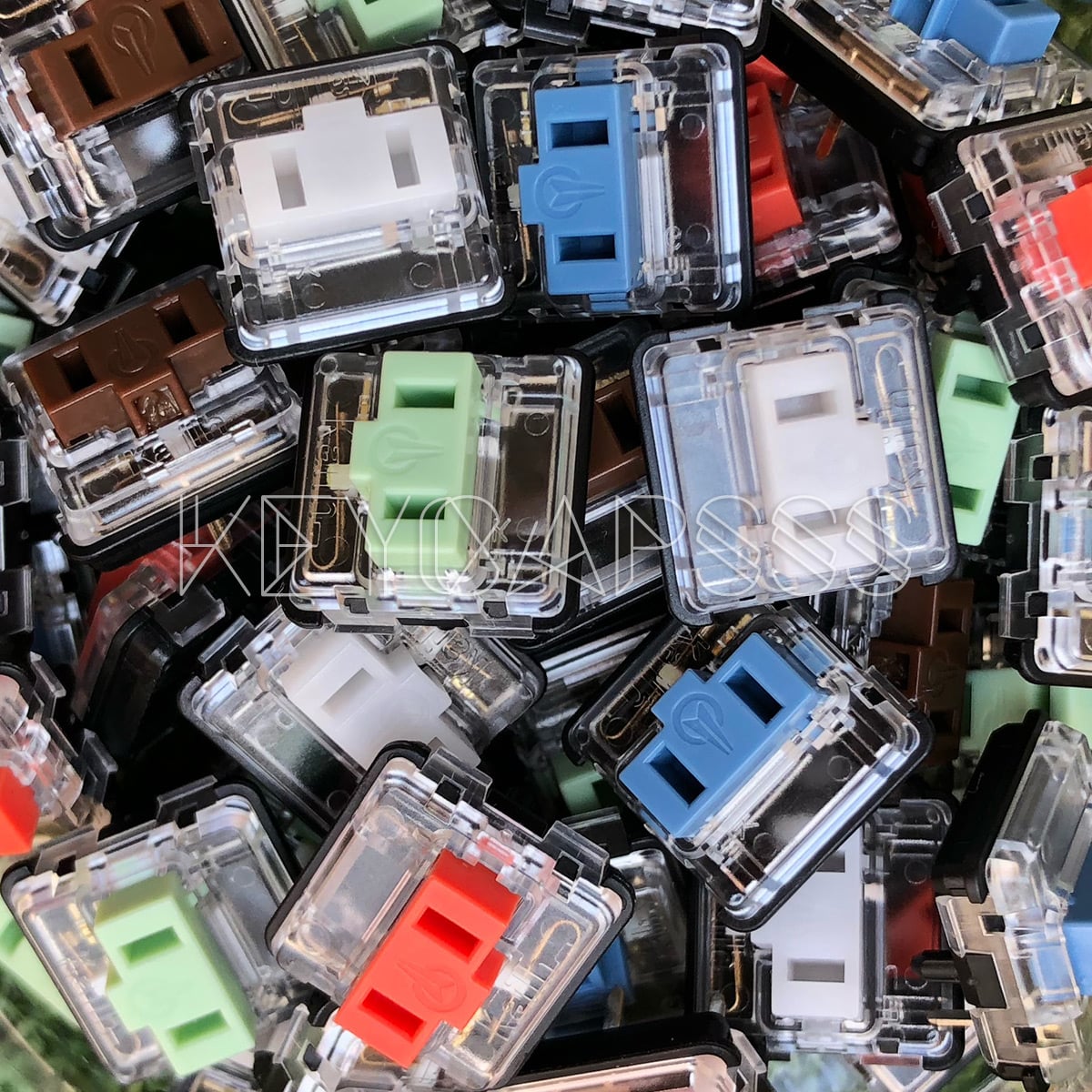
Average rating of 5 out of 5 stars
Sold in packs of 10 (Quantity 1 = 10 switches). Black: Linear / 60g Blue (gChoc): Linear / 20g Brown: Tactile / 50g Burnt Orange: Tactile / 60g Dark Yellow: Linear / 70g Jade: Clicky / 50g (same spring as the Choc White, but with a thicker clickbar) Navy: Clicky / 60g (thicker clickbar) Pale Blue: Clicky / 60g Red: Linear / 50g Red Pro: Linear / 35g Robin: Clicky / gold plated springs / 57g Silver: Linear / 40g Sunset: Tactile / 40g White: Clicky / 50g Actuation travel: 1.5±0.5mm Total travel: 3.0±0.5mm
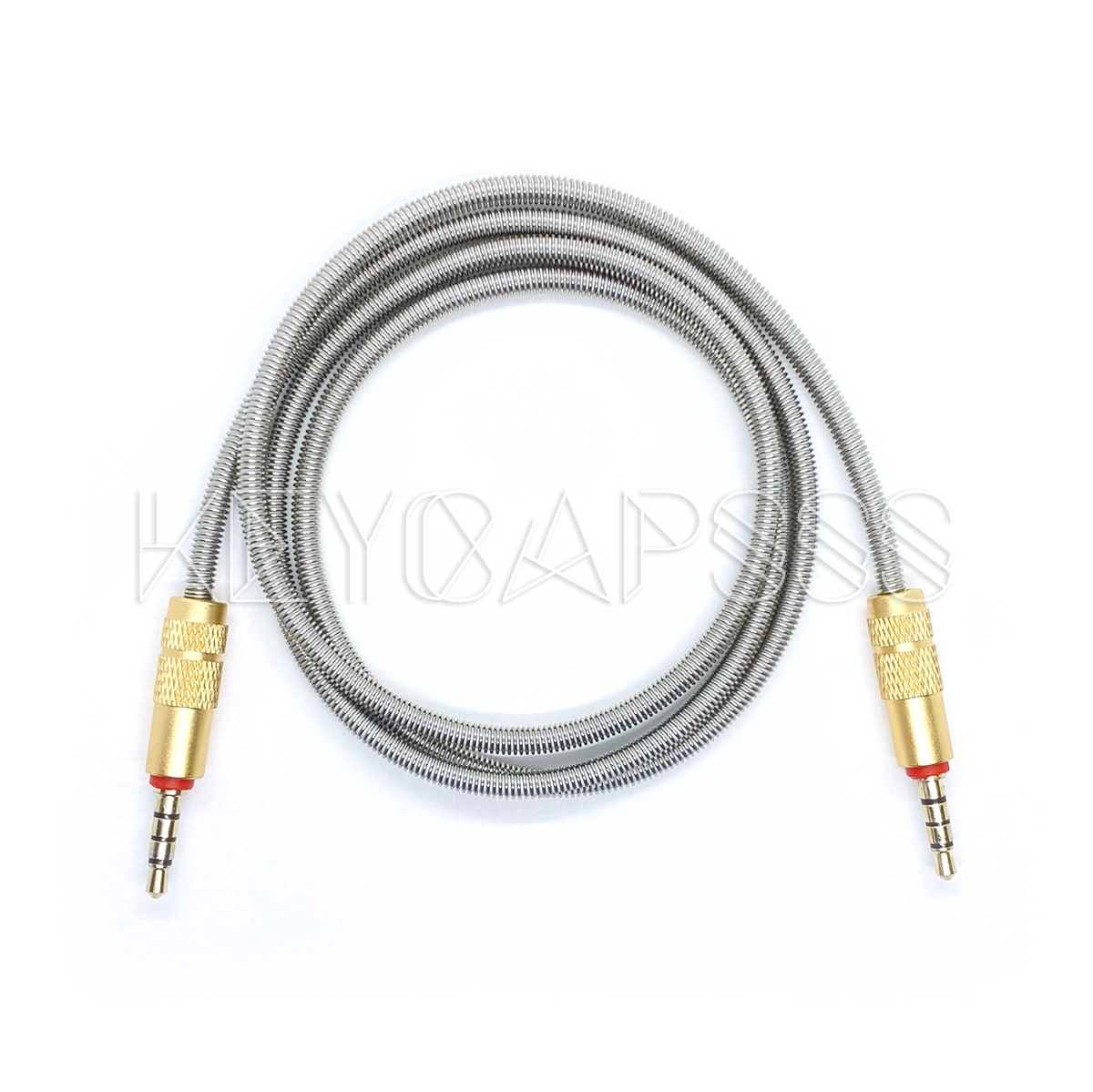
Average rating of 5 out of 5 stars
Length: 80cm/31,5inch
Currently not available
Similar Items
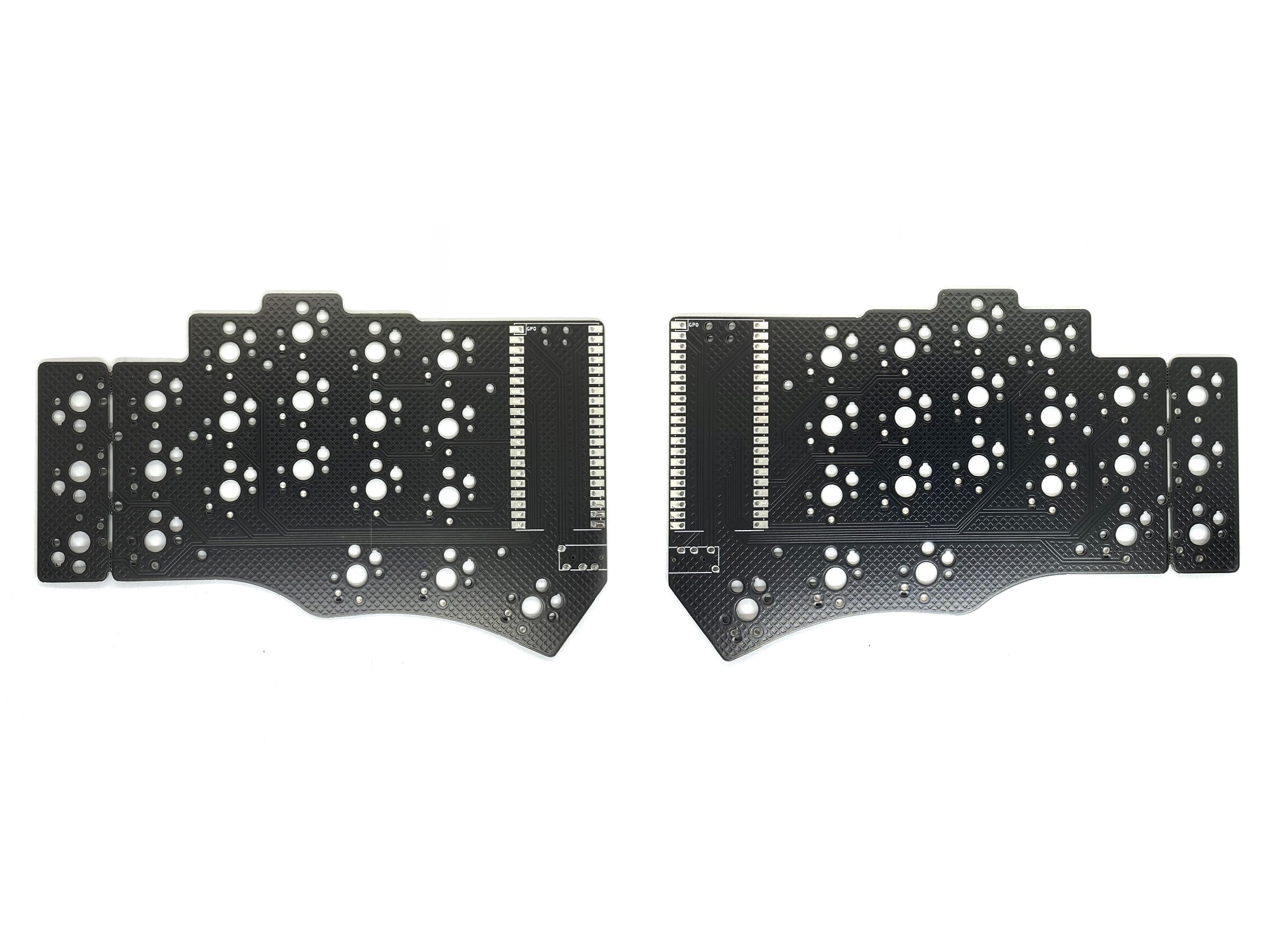
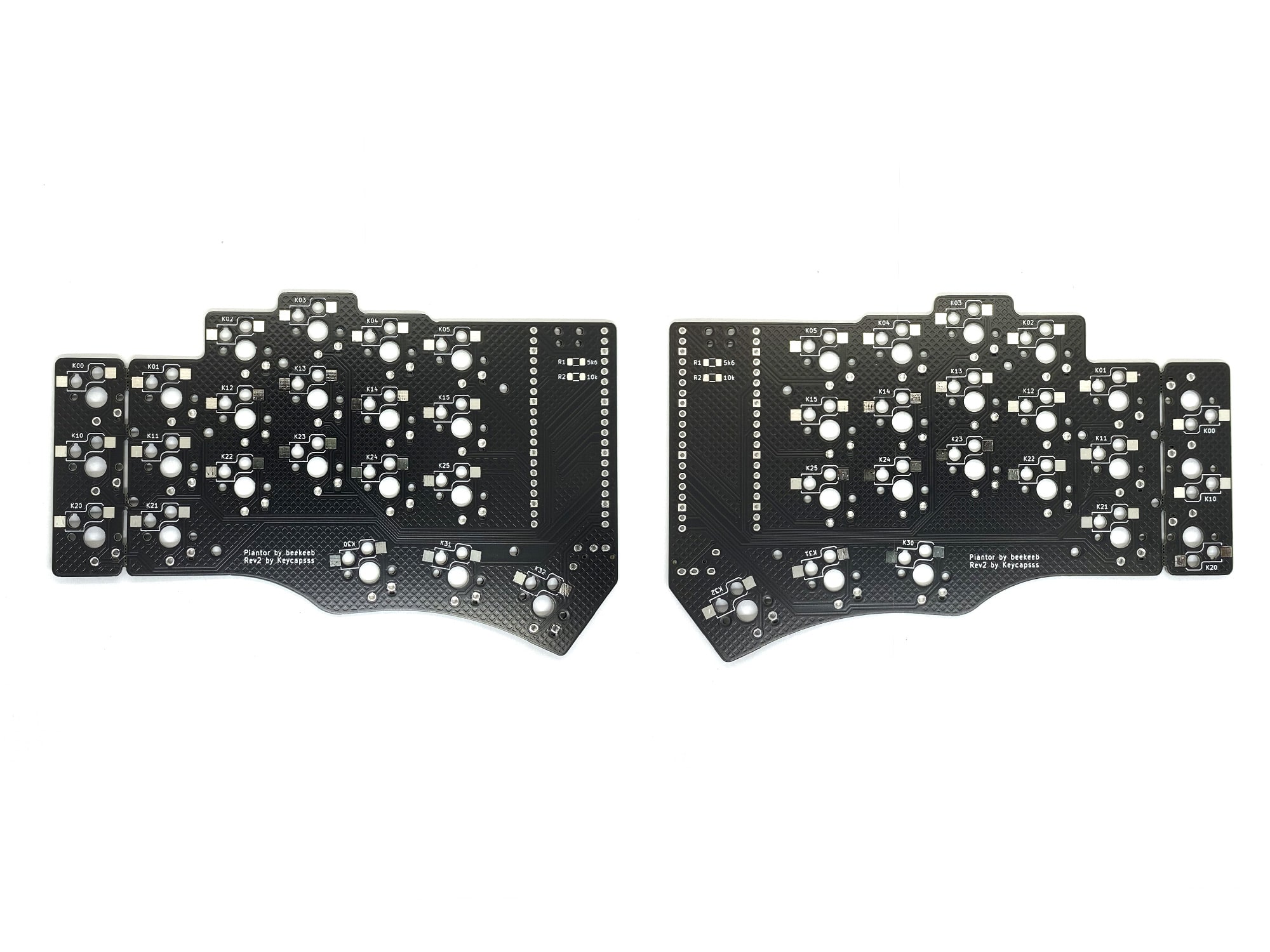
The Piantor Keyboard is a beginner-friendly, easy-to-solder, 42-key or 36-key, diodeless, low profile aggressive column staggered, hotswappable and non-hotswappable, programmable ergonomic mechanical split keyboard powered by Raspberry Pi Pico or other compatible RP2040 boards.It is based on the Cantor Keyboard. Includes left and right PCB Features: Support for Choc V1 switches Beginner friendly (less soldering, precompiled VIAL firmware, Gui to change layout) Breakable pinky column (42-key to 36-key) QMK and VIAL firmware support. Open source LeadFree HASL PCB surface finish You need: 3D printed case (black PLA) 2x Raspberry Pi Pico Solder parts (2x TRRS jack) 36/42x Choc V1 switches Keycaps (Choc V1 switches need Choc keycaps, not MX) Screws (M2x6mm) Choc Hot-Swap Sockets (optional if you need Hot-Swap for the switches) TRRS cable (4-pole) Micro-USB cable Build-Guide Photos of the completed keyboard are for demonstration purposes only.Please note that this pcb must be assembled (soldering) and does not include mcu, switches or keycaps. Design by Beekeeb

